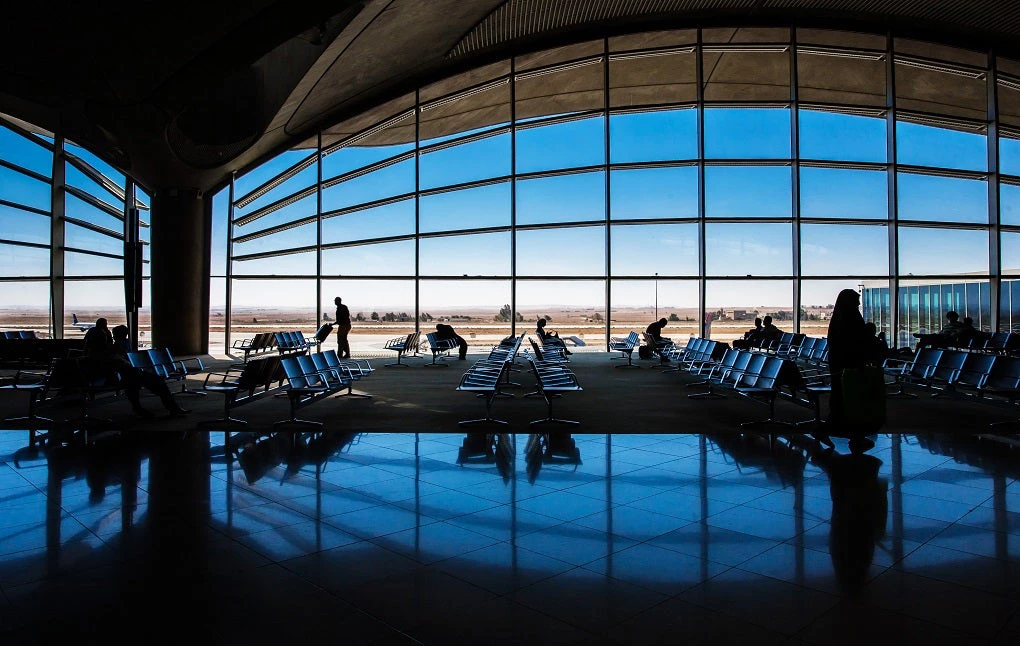
In many developing countries, there are glaring gaps in the quantity of infrastructure per capita. For example, power generation capacity per person in these countries is only one-fifth that of advanced economies. We know that expanding infrastructure investment in economic and social services is an effective way both to promote inclusive growth and to foster local resilience to global shocks. In particular, investment in quality, sustainable infrastructure helps finance the transition towards a low-carbon, more environmentally friendly economic model. This happens notably in the renewable energy and low-emission transport sectors. Given the scale of resources needed to address the infrastructure investment gap, mobilizing the private sector for this goal has become imperative, especially in countries where financial transactions in banking and capital markets follow Islamic law (or shari’ah) principles.
The conventions of Islamic finance are particularly suitable for infrastructure development. They define an asset-oriented system of ethical financial intermediation built on the principles of risk-sharing in lawful activities (halal) rather than rent-seeking gains. This “entrepreneurial” approach by investors requires a high degree of transparency and creates incentives to monitor projects more carefully, which, in turn, strengthen the efficiency in building and operating infrastructure.
At the recent World Bank–IMF Annual Meetings in Bali, we hosted a Symposium on Islamic Infrastructure Finance, in partnership with the Islamic Development Bank (IsDB), which was opened by H.E. Sri Mulyani, the World Bank’s former Managing Director and Chief Operating Officer, who is now Finance Minister of Indonesia. On that occasion, we reviewed existing delivery frameworks as an important element of the Strategic Partnership Framework (SPF) between the World Bank Group and the IsDB in attracting private capital to infrastructure projects, which will help bridge the current funding gap to achieving the UN’s Sustainable Development Goals by 2030.
We also highlighted that the asset-backed, ring-fenced, and project-specific nature of Islamic finance structures and their emphasis on sharing risks make them a natural fit for public-private partnerships in the infrastructure space. Islamic finance can be flexible, as reflected in the wide variety of structures that are available to those who want to finance equipment purchases and build assets —with clearly specified risk-sharing provisions—and those ready to lease these assets upon completion and pay for their use. These contracts can be transformed into marketable credit instruments (e.g., notes) linked to specific assets ( sukuk ), which enable shari’ah-compliant financing of assets throughout their life cycles, independently of whether they are on the government balance sheet or not. It is noteworthy that some Islamic finance investors (banks, sovereign wealth funds, and other asset managers) harbor large pools of liquidity that can be channeled to these Islamic infrastructure investments with low risks.
Scaling up Islamic finance in response to growing investor demand still requires overcoming important legal, regulatory, and institutional challenges, such as insufficient standardization of contracts and the cost of structuring and executing Islamic infrastructure financing. Indeed, inconsistent ruling on shari’ah compliance of Islamic contracts continues to complicate the structuring of sukuk.
Such an analysis was also underscored in the recent Mobilizing Islamic Finance for Infrastructure Public-Private Partnerships Report 2017, which was co-authored by World Bank and IsDB staff. This collaboration complements the individual efforts by the institutions in fostering the development of Islamic finance, especially in the context of infrastructure, which, in the case of the World Bank Group, has generated shari’ah-compliant projects, such the Hajj terminal at Medinas airport in Saudi Arabia and the Queen Alia airport in Jordan, and shari’ah-compliant investment guarantees and political risk insurance in Djibouti and Indonesia, respectively. The efforts of multilateral banks—especially the World Bank Group and the IsDB— to support this process, in partnership with the private sector, ranges from creating an enabling environment to de-risking projects, and if, required, providing the necessary financial resources. This is a call that we have answered with humility and enthusiasm.



Join the Conversation